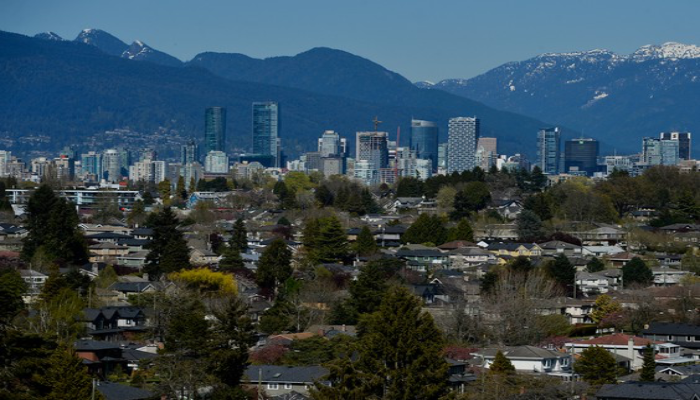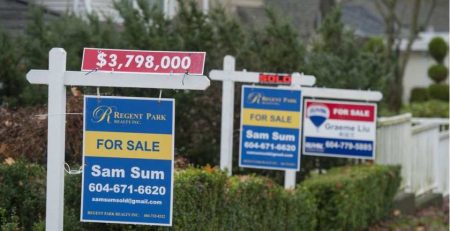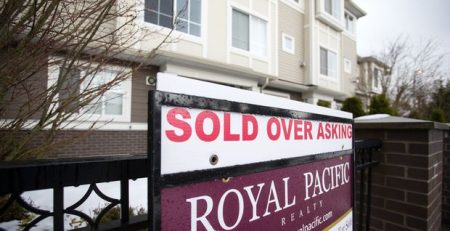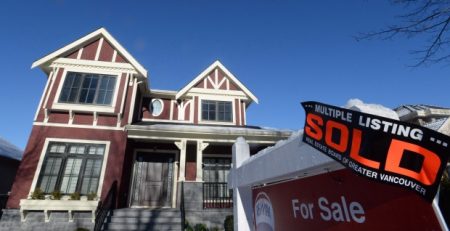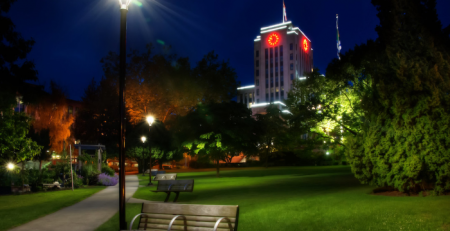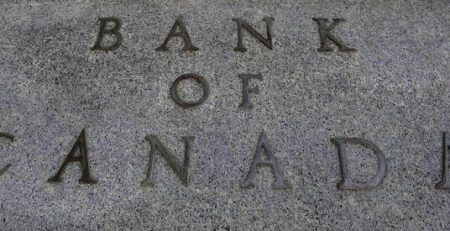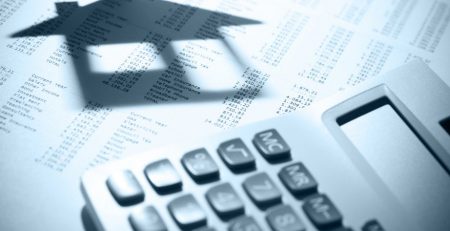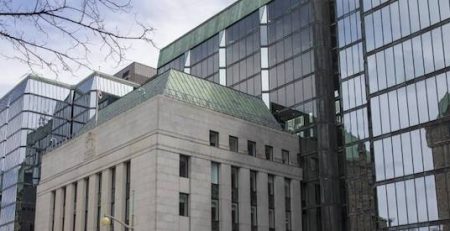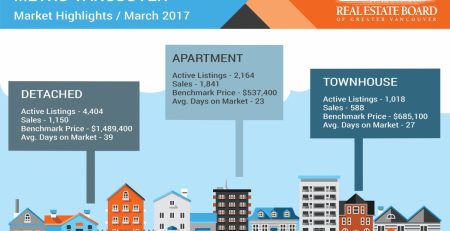Liberals planning national foreign buyers tax in bid to lower housing prices
[Financial Post – December 2, 2020]
In this week’s fiscal update, government says plan will benefit first-time homebuyers and put more homes on the market.
TORONTO — The Liberal government says it will take steps over the next year to tax foreign homeowners who live outside of Canada as part of a plan to lower housing prices.
It’s an idea that has been growing in popularity over the last few years in provinces such as British Columbia, Ontario and Prince Edward Island, but some experts question how effective such a plan would be.
In this week’s fiscal update, the government says the plan will benefit first-time homebuyers and put more homes on the market by taxing homeowners who use Canada to passively store wealth in housing.
Prime Minister Justin Trudeau said last year his government would introduce such a tax, praising a similar measure in British Columbia during his most recent election campaign.
The B.C. government said last year its speculation and vacancy tax raised $115 million, paid mostly by owners based abroad, with Finance Minister Carole James crediting the tax as a factor behind the 5.6 per cent fall in home prices in the first part of 2019.
Tsur Somerville, an associate professor at the Sauder School of Business at the University of British Columbia, said that while prices did fall in the Vancouver area after the introduction of foreign buyers’ taxes, the policy is not a silver bullet for affordability.
“If you’re looking to address affordability, that on its own is never going to get you to affordability. But it can certainly be part of the package of both demand- and supply-side policies,” he said.
In addition to the speculation and vacancy tax — on those who own local residences but do not pay provincial income taxes — B.C. has also tried a property transfer tax on home purchases made by foreign nationals in Vancouver, according to the Chartered Professional Accountants regulator of British Columbia.
“If you’re looking to address affordability, that on its own is never going to get you to affordability” TSUR SOMERVILLE
n 2017, Ontario passed a speculation and vacancy tax on homebuyers in the Greater Golden Horseshoe who were neither citizens nor permanent residents. And in Prince Edward Island, non-residents must apply to a special commission to buy more than five acres of land.
Renewed talk of taxing non-Canadian homebuyers comes as several housing markets across the country set sales records during the COVID-19 pandemic, pushing up prices amid low interest rates and a rush on telecommuter-friendly houses with yards.
While the housing market has been hot, the government is looking for ways to finance $25 billion in new spending to support those hit hard by the pandemic.
In practice, some markets with lots of demand from foreign buyers could see house prices decline but remain “crazy unaffordable,” even with the proposed tax, said Somerville. Other locales, such as tourist spots, could actually benefit from travellers owning vacation homes there, Somerville said, while still other cities may already have landlords who are struggling to find tenants as it is.
For example, the supply of housing may be flexible enough in cities like Calgary or Edmonton where foreign-based buyers don’t have that much impact on overall home prices, he said. Also, when it comes to building a giant apartment building, foreign investment from a European pension fund is unlikely to be an affordability problem, he noted.
“I can’t understand why you would introduce it at a national level,” Sommerville said. “That doesn’t make any sense to me as a policy because it is not as if we are in a national crisis of foreigners buying up housing in every market and creating challenges on affordability. That’s a stretch.”
Somerville also noted that the policy has raised objections for targeting Chinese people in Vancouver, although different populations would be affected in different areas of the country.
Andrey Pavlov, professor of finance at the Beedie School of Business at Simon Fraser University, said it was a “terrible” idea to nationalize British Columbia’s policies, saying the tax would discourage foreign investments without improving affordability.
Pavlov said that the share of first-time homebuyers has actually gone down since the tax was put in place in B.C. Other than Toronto and Vancouver, most Canadian cities can be built out to accommodate and even benefit from second homes for people like business travellers, said Pavlov.
The problem with further taxing homeownership, Pavlov said, is that it could actually reduce the supply of housing by discouraging builders and investors. Pavlov also questioned whether the policy would help the government pay for its fiscal stimulus plans.
“Our chance to repay the debts we are incurring now is to grow our economy as fast as we can,” Pavlov said.

